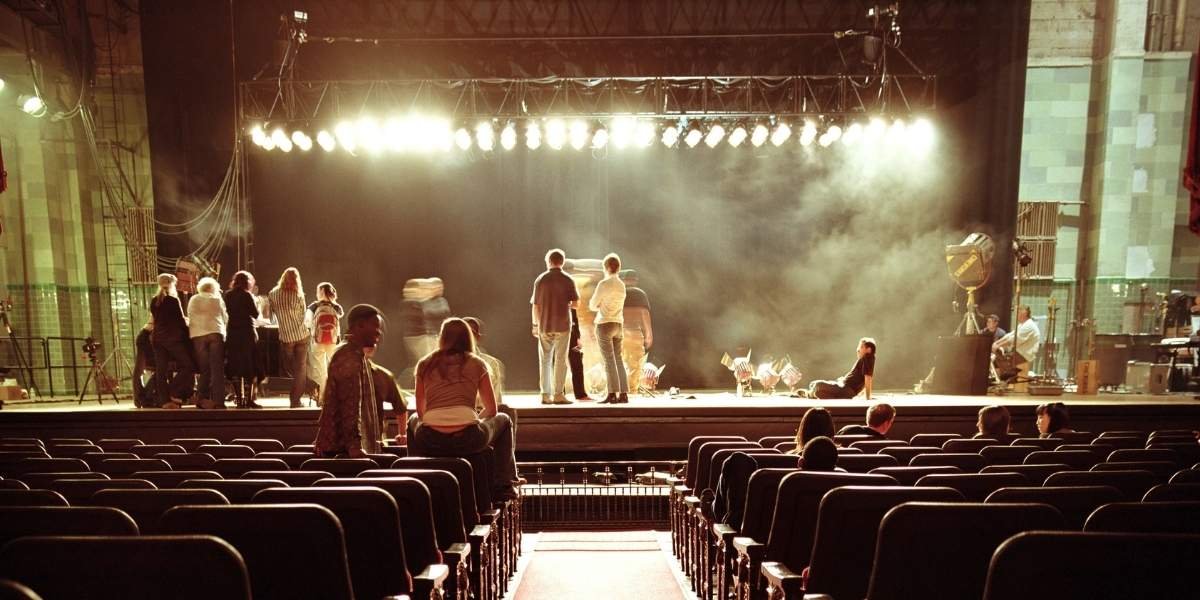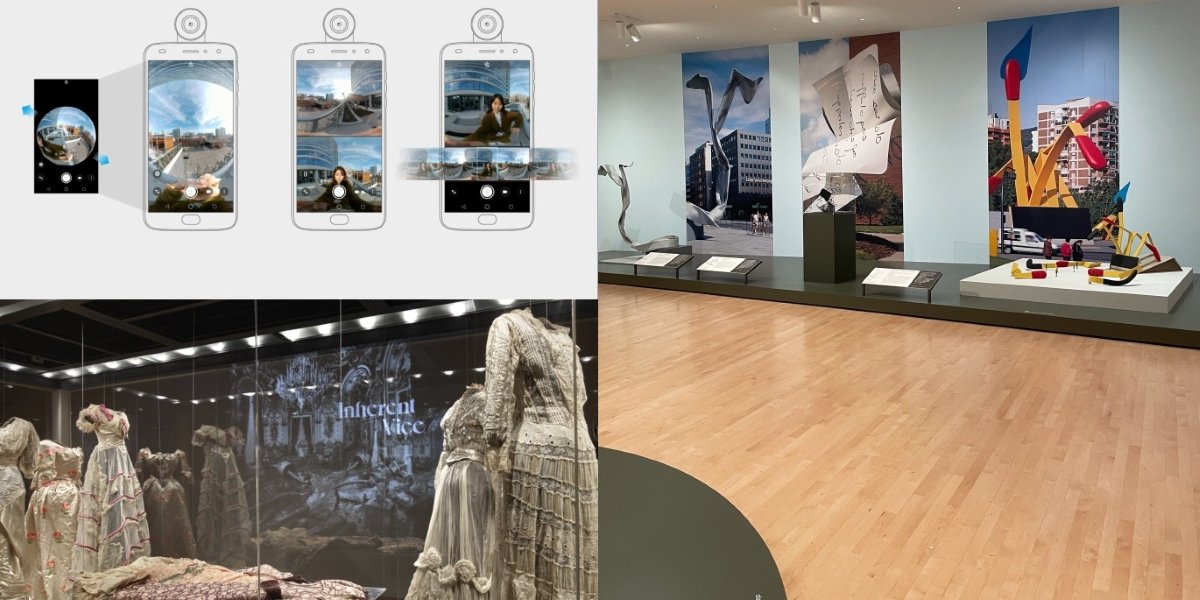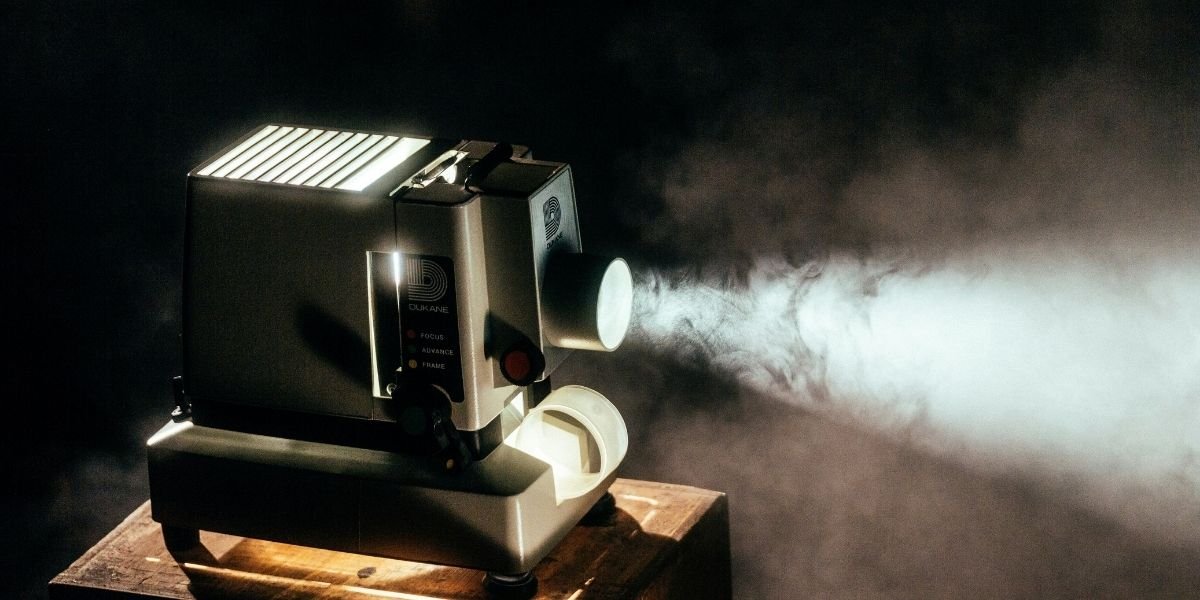What Are the Fundamental Skills Needed to Become a Professional Disc Jockey?
Embarking on a journey to become a professional disc jockey requires a blend of technical mastery and an innate understanding of music. At its core, an aspiring entertainer needs to develop strong beatmatching abilities, which involves seamlessly blending one track into the next without any noticeable tempo changes. This skill is crucial for maintaining a continuous flow on the dance floor and is often considered the bedrock of any solid performance. Beyond beatmatching, understanding phrasing and song structure allows for more creative and impactful transitions, ensuring that mixes sound polished and intentional rather than abrupt.
Read Also: Meet The DJ Khaled of Gospel Music, Award-Winning Songwriter and Singer, Todd Dulaney
Beyond the technical mixing, a deep knowledge of music across various genres is indispensable. A skilled music selector needs to understand different styles, their histories, and how they resonate with various audiences. This includes not just knowing popular tracks, but also uncovering hidden gems and anticipating emerging trends. The ability to read a crowd and select music that fits the energy and mood of the moment is perhaps one of the most challenging, yet rewarding, aspects of the craft. It involves quick thinking and an intuitive connection with the audience, adjusting selections on the fly to keep the atmosphere vibrant.
Sound engineering fundamentals play a surprisingly important role. Understanding how to properly set gain levels, use equalization (EQ) effectively, and manage sound systems prevents distortion and ensures optimal audio quality for the listeners. Familiarity with different types of audio equipment, from mixers and turntables to digital controllers and software, is also essential. This technical knowledge ensures that the performer can troubleshoot common issues and deliver a consistent, high-fidelity sound experience in any venue.
What Equipment Does an Aspiring Disc Jockey Need to Start?
Starting a career as a disc jockey requires a foundational set of equipment, though the specific choices can vary based on budget and preference. At the heart of any setup are the playback devices, typically turntables for vinyl enthusiasts or media players for those working with digital files. These devices allow for precise control over tracks, including speed adjustments and cueing up songs. For a beginner, often two playback devices are sufficient to practice mixing and transitions, forming the core of their creative toolkit.

Photo Credit: Unsplash.com
Alongside the playback devices, a mixer is absolutely essential. This central unit allows the performer to control the volume of each track, crossfade between songs, and often includes equalization controls to shape the sound. Mixers can range from simple two-channel models perfect for beginners to more complex professional units with multiple channels and effects. Choosing a mixer that feels intuitive and provides the necessary controls for learning is a critical first step.
A good set of headphones is non-negotiable. These are used to preview tracks and set up mixes in isolation from the main sound system, allowing the performer to prepare the next song without disturbing the current flow. Durable, comfortable headphones with good sound isolation are key for long practice sessions and live performances. While monitors (speakers) are useful for home practice, a quality pair of headphones offers the immediate feedback needed for accurate beatmatching and seamless transitions, forming an integral part of a disc jockey’s personal gear.
How Can One Practice and Develop Skills as a Disc Jockey?
Consistent practice is the cornerstone of becoming a proficient disc jockey, much like mastering any musical instrument. Beginners should dedicate regular, structured time to practicing fundamental techniques such as beatmatching, learning to align the rhythms of two different songs. This involves active listening and precise adjustments using pitch controls. Repetition builds muscle memory and sharpens the ear, making these core skills intuitive over time. There are numerous online tutorials and courses that can guide aspiring performers through exercises and techniques.
Beyond technical drills, creative practice involves experimenting with different genres and exploring various mixing styles. This is where a performer develops their unique sound and learns how to tell a story with music. Creating mock sets for different imaginary crowds helps in understanding how to build energy, introduce new sounds, and maintain engagement over an extended period. Recording these practice sessions and critically listening back to them is invaluable for identifying areas for improvement, from sloppy transitions to repetitive track selections.
Seeking feedback from more experienced disc jockeys or even trusted friends can also accelerate development. Constructive criticism, when received openly, provides fresh perspectives on performance strengths and weaknesses. Engaging with online communities or attending workshops can offer opportunities for peer learning and mentorship. The journey to mastering this craft is ongoing, requiring patience, persistence, and a genuine passion for sound and performance.
What Steps Lead to Performing Live and Building a Career?
Transitioning from bedroom practice to live performance is an exciting, yet challenging, phase for any aspiring disc jockey. The first step often involves playing for friends at private gatherings or small house parties, which provides a low-pressure environment to test skills and build confidence. These initial experiences help in understanding how equipment behaves in a live setting and how to manage the flow of an event. Getting comfortable with performing in front of even a small audience is crucial before seeking larger opportunities.
Once comfortable, the next logical step is to seek out opportunities at local bars, lounges, or community events. This often begins with reaching out to venue managers, submitting demo mixes, or offering to play during quieter nights. Building a network within the local music scene is incredibly important; attending other events, meeting promoters, and connecting with established performers can open doors. Persistence is key, as initial rejections are common, but every opportunity to perform provides valuable experience and allows for refinement of skills.

Photo Credit: Unsplash.com
Building a portfolio of recorded mixes and professional-quality photos and videos is essential for career progression. This portfolio serves as a visual and auditory resume, showcasing a performer’s style and capabilities to potential clients or venue owners. Active engagement on social media platforms, sharing mixes, and promoting performances also helps to build a brand and attract an audience. Consistently delivering engaging sets and cultivating a professional reputation are vital for building a sustainable career as a sought-after disc jockey.
How Does a Professional Disc Jockey Stay Relevant in a Changing Industry?
Staying relevant as a professional disc jockey in an ever-evolving music industry requires continuous learning and adaptability. The music landscape is constantly shifting, with new genres emerging and popular sounds changing frequently. A truly professional music selector remains attuned to these shifts, exploring new releases, understanding current trends, and incorporating fresh tracks into their sets to keep their sound current and exciting. This involves active listening and a genuine curiosity for new sounds.
Beyond music selection, technological advancements in disc jockey equipment and software are constant. Learning new digital tools, experimenting with advanced mixing techniques, and understanding new performance platforms helps a professional remain versatile and efficient. Whether it is mastering a new controller, exploring production software, or integrating visual elements into a performance, embracing innovation ensures that a performer can offer cutting-edge experiences and adapt to changing industry standards.
Read Also: Michael London: The DJ Redefining Music, Passion, and Sobriety
Building and maintaining a strong professional network is also crucial for long-term relevance. This includes connecting with other performers, producers, promoters, and venue owners. Collaborations, shared insights, and mutual support within the industry can lead to new opportunities and help a disc jockey stay informed about the broader entertainment landscape. Consistently delivering high-quality performances, nurturing relationships, and evolving creatively are the hallmarks of a lasting career in this dynamic field.















